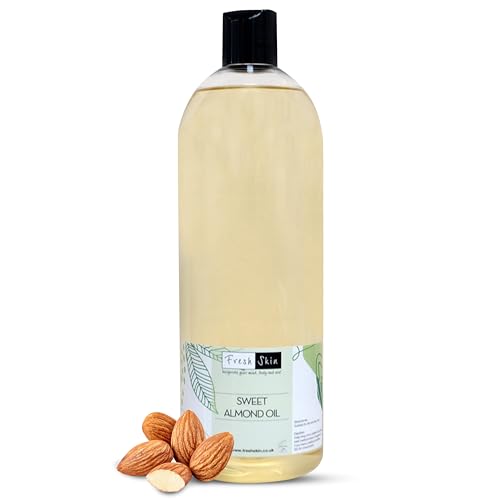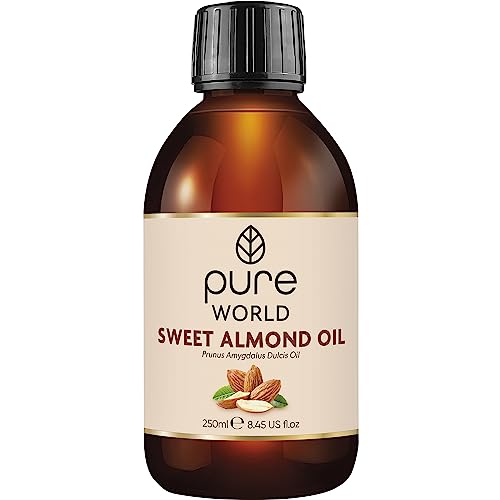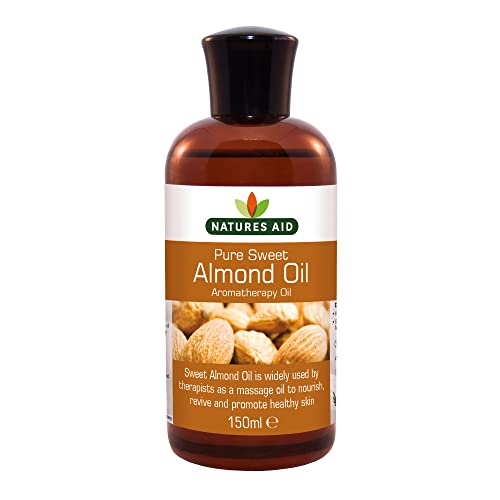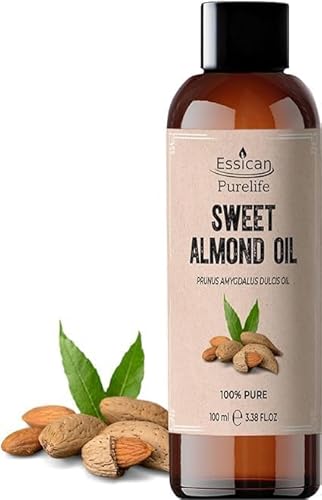Introduction to Almond Oil: What It Is and Why It Matters
Understanding Almond Oil
Almond oil is derived from the nuts of the almond tree, and it is a versatile oil known for its light texture and mild flavour. It’s packed with vitamins E and A, making it an excellent choice for both skincare and culinary applications. By incorporating almond oil into our daily routines, we can harness its nourishing properties that benefit our skin, hair, and overall health.
Why Almond Oil is Popular
Almond oil is celebrated for its multitude of benefits. Its natural composition allows it to absorb easily into the skin, providing hydration without leaving a greasy residue. Many people opt for almond oil due to its hypoallergenic qualities, making it suitable for sensitive skin types. Additionally, its use extends beyond skincare; it is also recognised for enhancing dishes with its unique nutty flavour.
Benefits of Using Almond Oil in Your Daily Routine
Nourishing Skin Care
Using almond oil in our skincare routine can lead to noticeable results. It helps to moisturise dry skin effectively and can improve complexion thanks to its rich vitamin content. Regular application can make our skin appear softer and more radiant, helping to combat signs of ageing.
Promoting Healthy Hair
Almond oil is also fantastic for our hair. Applying a few drops can tame frizz, promote shine, and nourish our scalp. This oil is often used as a natural treatment for split ends and can be added to our regular haircare products for extra moisture.
Culinary Advantages
In the kitchen, almond oil stands out for its flavour profile and health benefits. It can be used for sautéing, drizzling over salads, or as a base for homemade dressings. Its high monounsaturated fat content makes it a heart-healthy choice for cooking.
How to Choose the Right Almond Oil for Your Needs
Looking for Quality
When selecting almond oil, we should aim for pure, cold-pressed varieties as they retain the most nutrients. Reading labels carefully is crucial; look for oils that specifically state they are made from sweet almonds as opposed to bitter almonds, which are not suitable for consumption.
Consider the Packaging
Opting for almond oil in dark glass bottles is ideal, as this helps protect the oil from light and extends its shelf life. Avoid plastic packaging where possible, as it can sometimes leach harmful substances into the oil.
Top Uses of Almond Oil: From Skin Care to Cooking
Skin Moisturiser and Makeup Remover
We can use almond oil effectively as a daily moisturiser, applying a small amount to our face and body after showering. It also doubles as a gentle makeup remover, making it perfect for sensitive skin.
Hair Conditioner and Scalp Treatment
For those looking to nourish their hair and scalp, almond oil can be applied directly or mixed with our regular conditioner. Whether used as a pre-wash treatment or a leave-in conditioner, it helps maintain healthy hair.
Incorporating into Meals
When it comes to cooking, almond oil can be drizzled over roasted vegetables to elevate their flavour. It’s also great for salad dressings, adding a unique twist to our favourite recipes. Always remember to use it within a reasonable temperature range, as high heat can diminish its properties.
Our Recommendations: Best Almond Oil Products on the Market
For Skincare
For those focused on skincare, we recommend looking for brands known for their organic and pure formulations. Some brands have a reputation for excellent almond oil products, so exploring customer reviews can provide additional insights.
For Cooking
In the culinary arena, choose almond oils that are labelled as food-grade. This ensures that the oil is safe for consumption and has been processed in a way that preserves its health benefits.
Multi-Purpose Options
If we seek versatility, there are almond oils available that are suitable for both skincare and cooking. Such products can simplify our purchases and provide value as we aim to incorporate almond oil into various areas of our lives.























